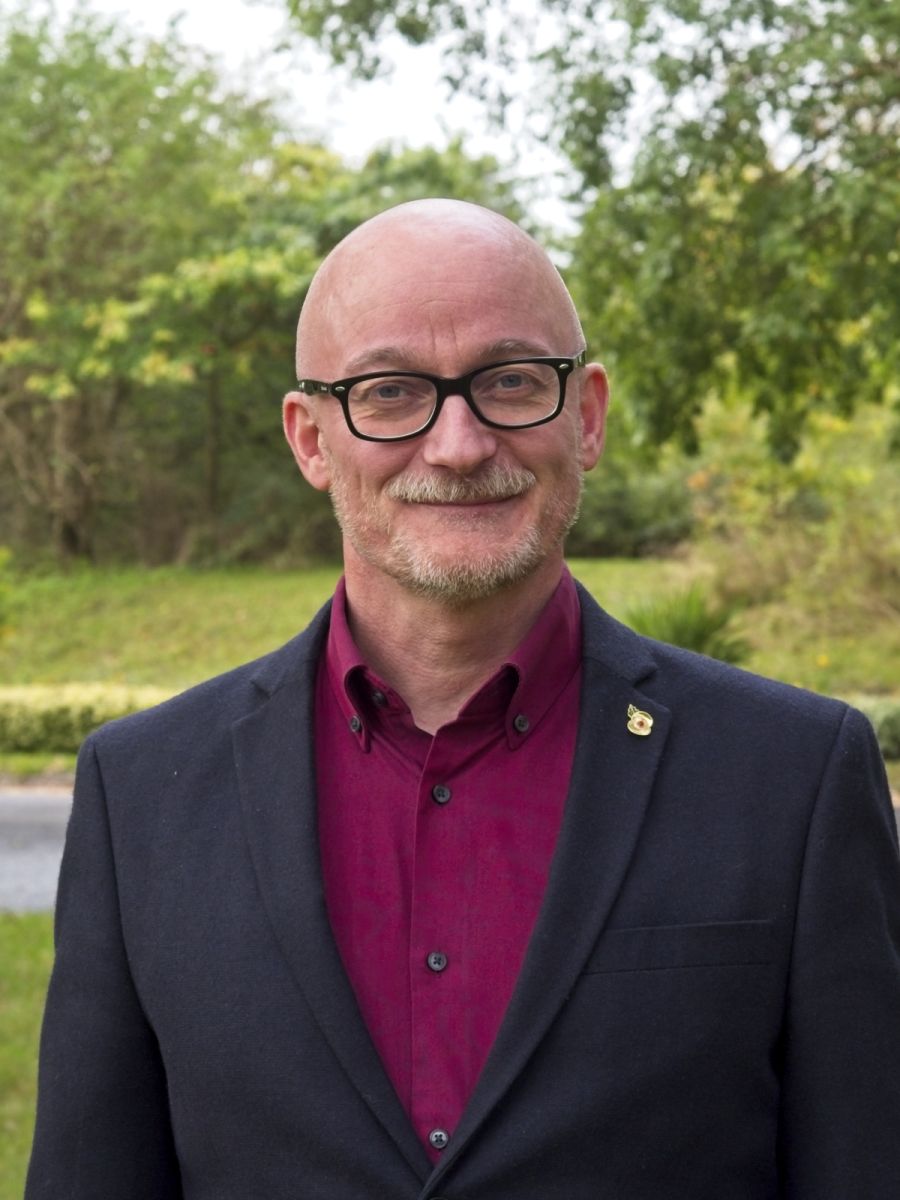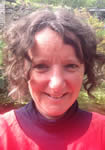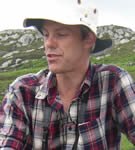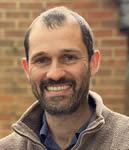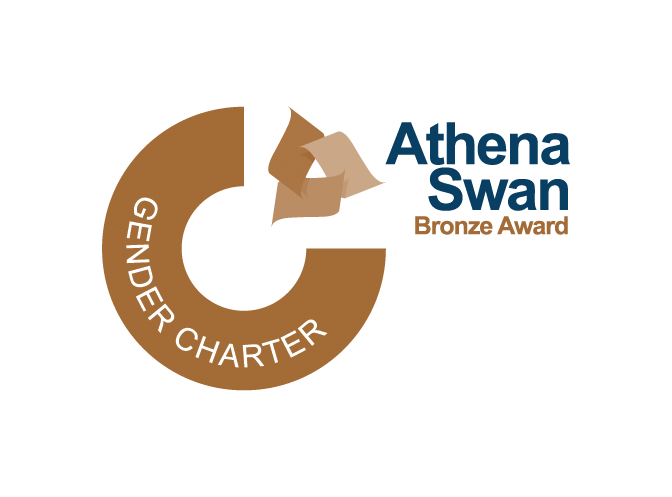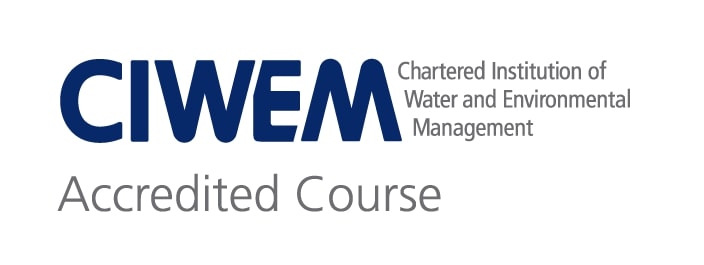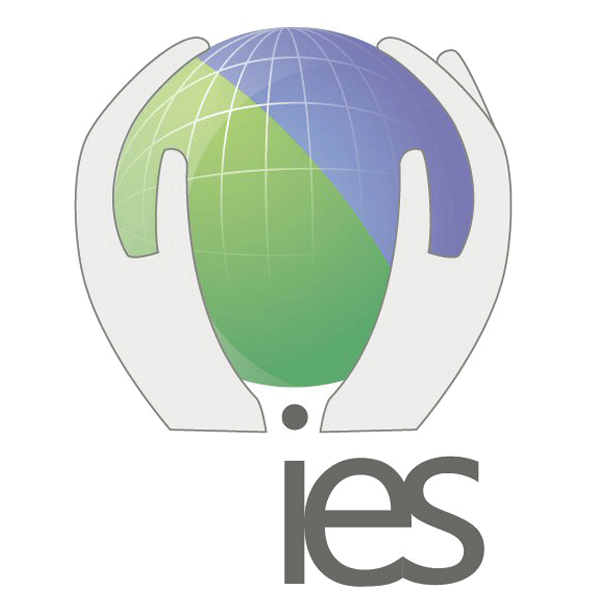Public Engagement
EEES/BBC Co-productions
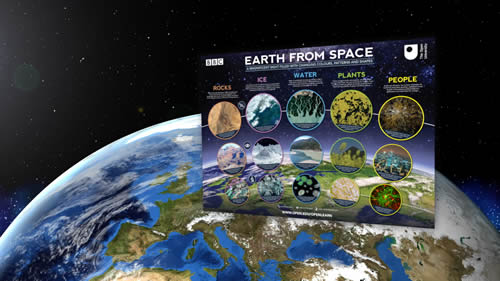
Scientists from the School of Environment, Earth and Ecosystems regularly provide academic expertise for BBC Natural History documentaries.
High-profile examples over recent years include: Perfect Planet, Blue Planet 2, Earth from Space, Springwatch and BBC Ideas.
These OU-BBC co-productions are often accompanied by a poster developed with the academic advisors and free online learning resources on OpenLearn.
If you have any questions or want to find out more please contact Julia Cooke.
Floodplain Meadows
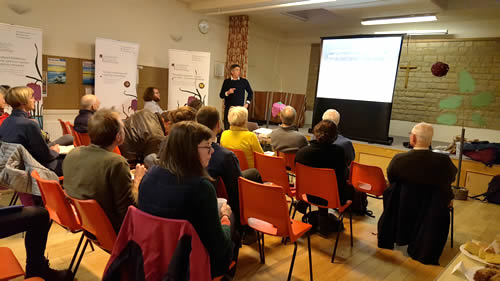
Our Floodplain Meadows Team run a training course for volunteers to become more familiar with our scientific methods on their own floodplain meadows. These are our FMP Ambassadors, who following the course completion are asked to promote the interests of floodplain meadows within the counties that they live. fmp-ambassadors.
We also run an annual citizen science project, with volunteers, recording the population of snake’s-head fritillaries at North Meadow NNR.
We work with a number of community groups across the UK who are responsible for some aspects of management of a floodplain meadow.
If you have any questions or want to find out more please contact Emma Rothero.
Soapbox Science
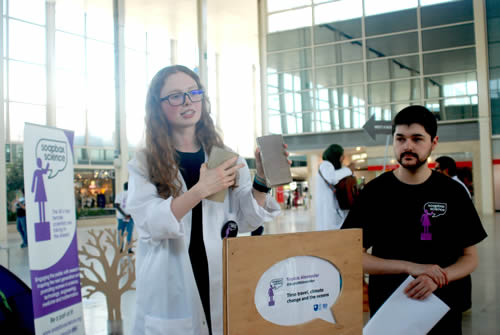
Soapbox Science is a UK-developed, grass roots initiative which seeks to bring science to the streets and increase the visibility of women in science, technology, engineering and mathematics.
For the last five years, academics and students from EEES have contributed to annual Soapbox Science events in Milton Keynes.
Each time, we attract about 1000 shoppers in Centre:MK to stop and listen to our researchers talk about their work in everyday language supported by simple props, with plenty of opportunities for people to ask questions.
If you have any questions or want to find out more please contact Julia Cooke.
Treezilla: the monster map of trees
Members of the Treezilla team regular attend conferences, science fairs, festivals and public events, talking about the many values of trees and how to identify and survey the trees around you.
Treezilla is free for anyone to join and contribute data. You can access the site at treezilla.org.
If you have any questions or want to find out more please contact Phil Wheeler.
OpenScience Laboratory
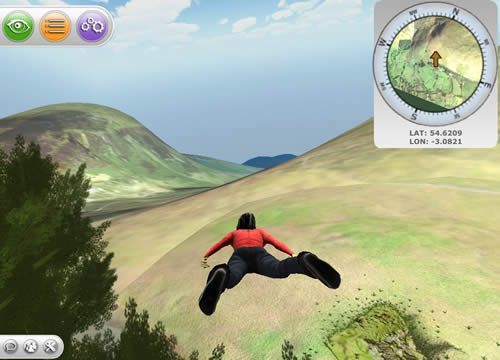
Part of the OpenSTEM Labs, the OpenScience Laboratory is an initiative of The Open University and The Wolfson Foundation.
This online laboratory brings interactive practical science to students anywhere and anytime the internet is available. The laboratory features investigations based on-screen instruments, remote access experiments and virtual scenarios using real data.
Although some activities are only available to students registered on certain modules, several environmental and Earth science activities are open-access. These include:
- Virtual microscopes (for animal, vegetable and mineral materials);
- Virtual field trips: ocean dives and geology in northern England;
- Remote access to an optical microscope;
- Treezilla: investigating the ecosystem benefits of trees;
- Exploring nature and ecology with iSpot;
- Hominid skull evolution;
- Digital Geology Kit: specimens of a variety of rocks, minerals and fossils;
- Maps and landforms;
- Sorting out soils.
If you have any questions or want to find out more please contact Tom Argles.
Virtual Microscope
.jpg)
Launched in 2012, our Virtual Microscope open-access website has been relaunched following a makeover in early 2021.
The relaunch coincides with the addition of around 200 more geological samples in three new university collections.
The philosophy of the Virtual Microscope is to share collections of geological microscope sections held in museums, universities and other institutions, making them accessible wherever there is internet access.
Users can examine and explore microscopic views of a wide range of terrestrial rocks, lunar samples, minerals and meteorites as if using a research-grade polarising microscope.
Usage surged during 2020 as the Virtual Microscope met the sudden jump in demand for online teaching and learning caused by the COVID Pandemic. We now have several university partners alongside museums, learned societies and NASA.
If you have any questions or want to find out more please contact Tom Argles.
OpenLearn
EEES staff regularly contribute short and longer learning resources to OpenLearn, the university’s free learning platform which attracts millions of visitors each year.
Courses developed by EEES staff include the Badged Open Course Citizen science and global biodiversity, introductory courses (e.g. An introduction to geology), interactive activities such as the Geology Toolkit and taster courses from undergraduate modules including Scales in Space and Time, (S112) and Fire Ecology (S397).
PhD students in EEES also use the OpenLearn platform to outline their research projects on the Environment, Earth and Ecosystem Sciences: PhD Projects 101 page.
School visits
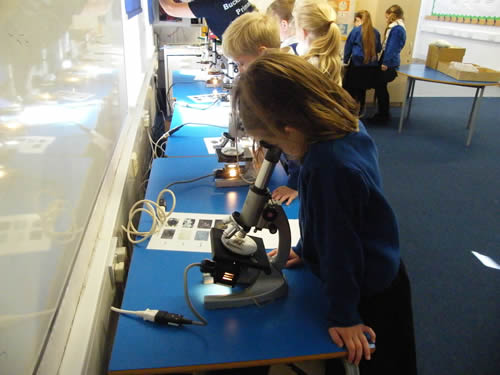
Members of the School often visit local primary schools to run sessions. These are typically with Year 3 and 4 pupils to cover the “Rocks and Soils” part of the Science National Curriculum, but also introducing Year 5 or 6 pupils to the geology of mountains.
Our topics have previously included Volcanoes, Fossils, Microscopes, Everyday Rocks and Minerals, and “What’s it like being a field/lab geologist?”.
We have lots of exciting kits to help bring these to life, including: a replica T-Rex skull; real fossils; samples of different rock types; microscopes; geological tools; and various culinary analogues for lava.
If you have any questions or want to find out more please contact Tom Argles.
News
Celebrating our new Professor of Ocean Biogeochemistry, Pallavi Anand
We are celebrating another new professor in EEES, following the promotion of Dr Pallavi Anand to Professor of Ocean Biogeochemistry.
Celebrating our new Professor of Planetary Mineralogy, Susanne Schwenzer
We are celebrating a new Professor in EEES. Dr Susanne Schwenzer has recently been promoted to Professor of Planetary Mineralogy.

